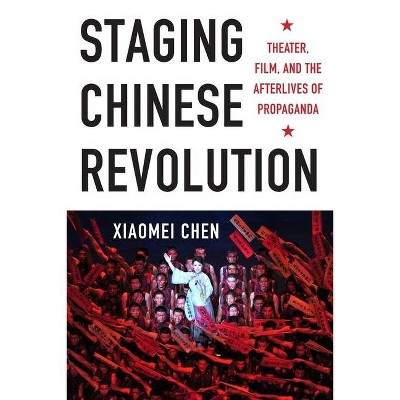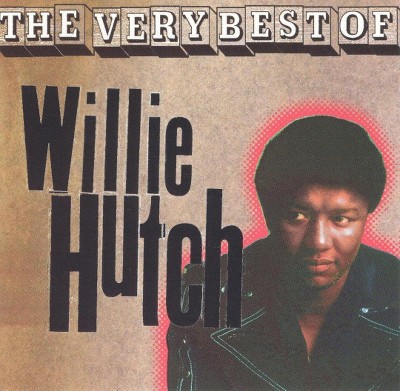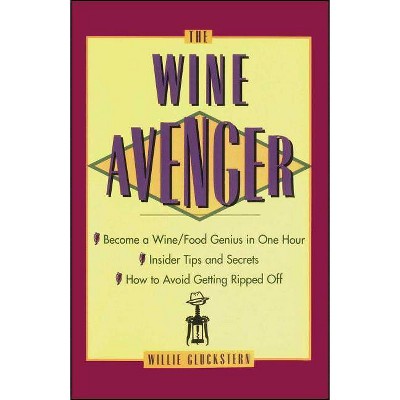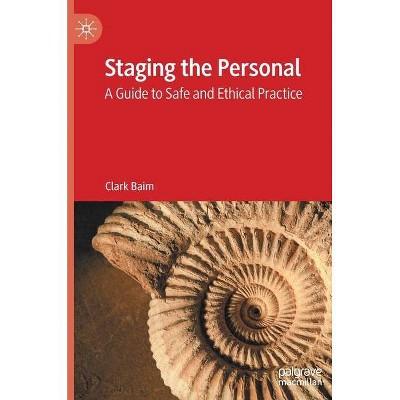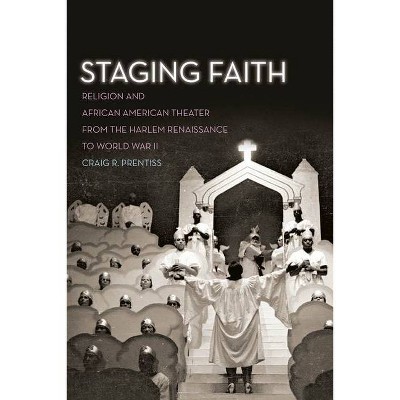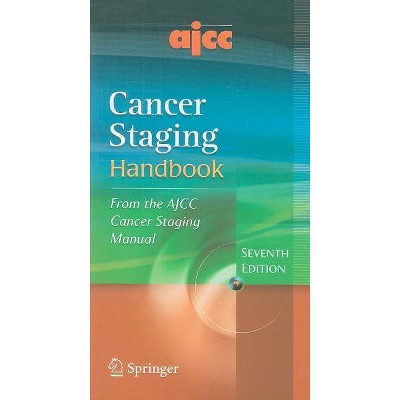Staging the revolution - by Rachel Willie (Paperback)
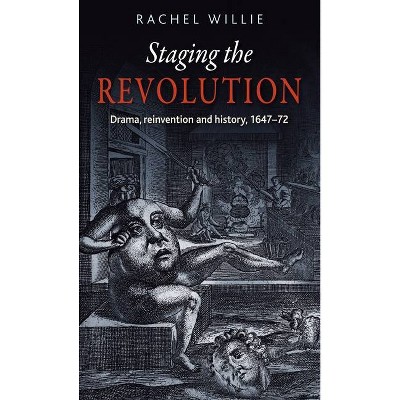
Similar Products
Products of same category from the store
AllProduct info
<p/><br></br><p><b> About the Book </b></p></br></br>Seeks to reassess the dramatic output of the Commonwealth, Protectorate and early Restoration; a period that has often been marginalised by specialists of both Renaissance and Restoration drama.<p/><br></br><p><b> Book Synopsis </b></p></br></br><p>Staging the revolution offers a reassessment of drama that was produced during the commonwealth and the first decade of the Restoration. The book examines contemporary dramatic responses to the civil war period to show that, far from marking a new beginning, the Restoration is focused upon the previous thirty years. It complements recent studies that have addressed textual exchange and royalist and republican discourse.<br /> Not all parliamentarians were opposed to the theatre and not all theatre was illegal under the commonwealth regimes. Equally, not all theatrical experience was royalist in focus. The often cited notion that 1660 marked the return to monarchical government and the rebirth of many cultural practices banned under an austere, Puritan, regime was a product of the 1650s and 1660s and it was fostered in some of the dramatic output of this period. The very presence of these dramas and their textual transmission challenges the notion that all holiday pastimes were forbidden. Staging the revolution builds upon these findings to examine ways in which drama negotiated the political moment. It explores the ways in which drama was appropriated as a means of responding to the civil wars and reinventing the recent past and also how drama was reinvented as a consequence of theatre closure. <br /> Covering some of the work of John Dryden and William Davenant as well as lesser-known, anonymous and non-canonical writers, this book will be of interest to anyone researching mid-seventeenth century British history.</p><p/><br></br><p><b> From the Back Cover </b></p></br></br>Staging the revolution offers a reassessment of drama that was produced during the commonwealth and the first decade of the Restoration. The book examines contemporary dramatic responses to the civil war period to show that, far from marking a new beginning, the Restoration is focused upon the previous thirty years. It complements recent studies that have addressed textual exchange and royalist and republican discourse. Not all parliamentarians were opposed to the theatre and not all theatre was illegal under the commonwealth regimes. Equally, not all theatrical experience was royalist in focus. The often cited notion that 1660 marked the return to monarchical government and the rebirth of many cultural practices banned under an austere, Puritan, regime was a product of the 1650s and 1660s and it was fostered in some of the dramatic output of this period. The very presence of these dramas and their textual transmission challenges the notion that all holiday pastimes were forbidden. Staging the revolution builds upon these findings to examine ways in which drama negotiated the political moment. It explores the ways in which drama was appropriated as a means of responding to the civil wars and reinventing the recent past and also how drama was reinvented as a consequence of theatre closure. Covering some of the work of John Dryden and William Davenant as well as lesser-known, anonymous and non-canonical writers, this book will be of interest to anyone researching mid-seventeenth century British history.<p/><br></br><p><b> Review Quotes </b></p></br></br><br>STAGING THE REVOLUTION: DRAMA, REVINVENTION, AND HISTORY 1647-72 (Manchester) is a truly remarkable contribution to our understanding of interregnum and post-Restoration theatre. Its central argument -- that the drama across the period is marked by striking continuities as well as disruptions -- is sustained with a deeply impressive scholarly command; and the sheer range of reference, both primary and secondary, is exceptional. Any easy assumptions we might have entertained about the relationship between republican culture and theatrical practice are authoritatively overturned, and the study gives the great satisfaction of returning us from a broad idea of historical change to the much greater real complexity that happened at the time. University English Early Career book prize 2016 (Shortlisted) 'Rachel Willie's Staging the Revolution is an exceptional book. A polished piece of clear argumentation and persuasive writing on a notoriously undervalued and understudied period of English theatrical history, the Interregnum and the responses to the Civil War on the Restoration stage, this text is one of the best new books of the year...This exquisitely researched book shifts the ground of analysis of this period in a way that will be felt for years to come.' Andrew Bretz, Wilfrid Laurier University, Shakespeare Bulletin, Volume 35, Number 1, Spring 2017<br><p/><br></br><p><b> About the Author </b></p></br></br><br><strong>Rachel Willie</strong> is Lecturer in English Literature at Bangor University<br>
Price History
Price Archive shows prices from various stores, lets you see history and find the cheapest. There is no actual sale on the website. For all support, inquiry and suggestion messages communication@pricearchive.us
